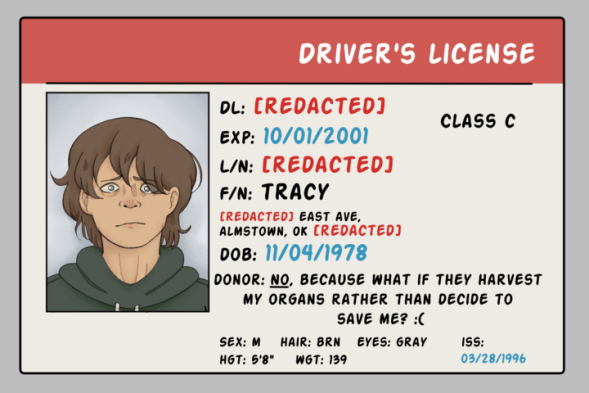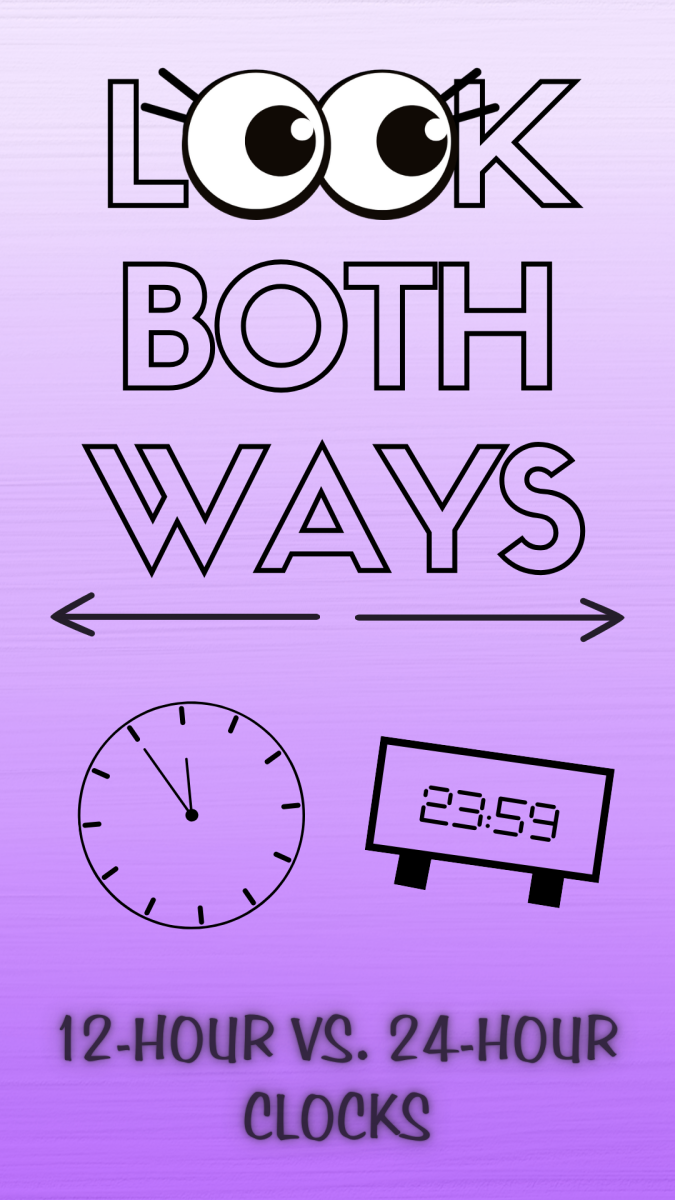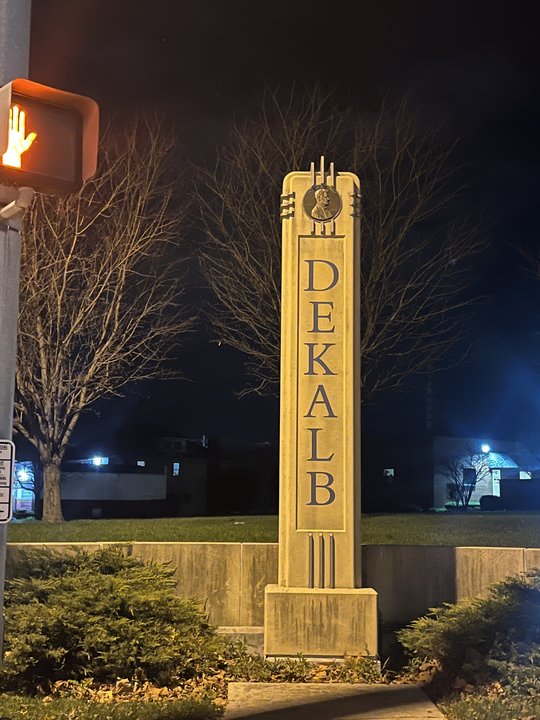It can be a life-changing choice for someone to put their organ donation status on their driver’s license. Some people fear that making this statement could affect the quality of their medical care or their chances of survival in an accident.
It’s important to stress that people who work in healthcare are always committed to saving lives.
Doctors and rescuers must put their patients’ health first even if someone has registered as an organ donor, according to the American Medical Association Code of Medical Ethics.
It is not proper to think that doctors would deliberately lower the quality of care they give their patients or refuse to save a life because of their organ donor status.
Life-saving treatments and organ transplants are performed by specialized medical teams with distinct responsibilities. Members of the transplant team are not permitted to turn off life support or declare someone dead, according to the American Medical Association’s Journal of Ethics.
Daryl Wilson, an emergency physician at Edward Hospital, is aware that many people may not be open to new information due to their existing beliefs, a situation in which outspoken opinions have often been prioritized over credible sources.
“Education is the only way to dispel myths. To only take out and get through the darkness, to have a light that shines and says here’s the path. Here’s the path towards understanding,” Wilson said.
Doctors and other healthcare workers in the emergency room work hard to stabilize patients and save lives. On the other hand, donation teams are in charge of recovering organs and putting them into new bodies. During emergency situations, these teams operate independently and do not communicate with each other. This deliberate separation ensures that an individual’s designation as an organ donor exerts no influence on the care they receive.
Numerous laws and regulations have been created to safeguard the rights and best interests of organ donors.
For example, the Uniform Anatomical Gift Act sets the legal framework for organ donation. The UAGA establishes the process for making anatomical gifts, including organ donation, and ensures the donor’s wishes are honored, according to the Organ Donation Alliance.
Additionally, the National Organ Transplant Act formed the Organ Procurement and Transplantation Network to maintain a national registry for organ matching.
Healthcare professionals cannot put organ recovery ahead of patient care. An individual’s health is always essential in a medical setting, and medical ethics say that being an organ donor should never cause harm.
By publicly identifying as organ donors, people can improve the lives of those who are in need. It is possible that this act will give hope to those who are waiting for organ transplants, which could save many lives. Donating an organ gives someone a second chance at life.
Openly reporting one’s donation status debunks the belief that organ donors receive bad care and encourages others to support the cause, saving more lives.
To eliminate fear and confusion, honest and extensive dialogue and education about organ donation are required. People can make better decisions regarding organ donation by learning how donation works, the many roles in healthcare and the legal safeguards in place. Having the correct information will ease any worries that people may have.





















